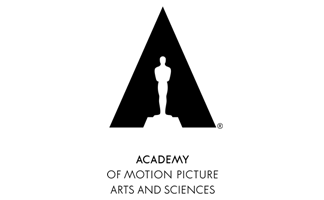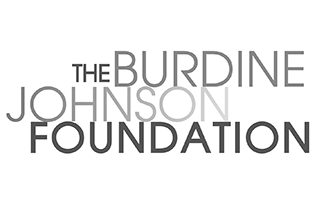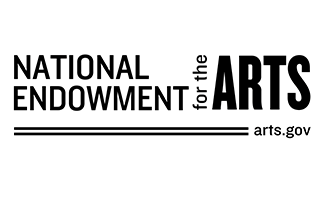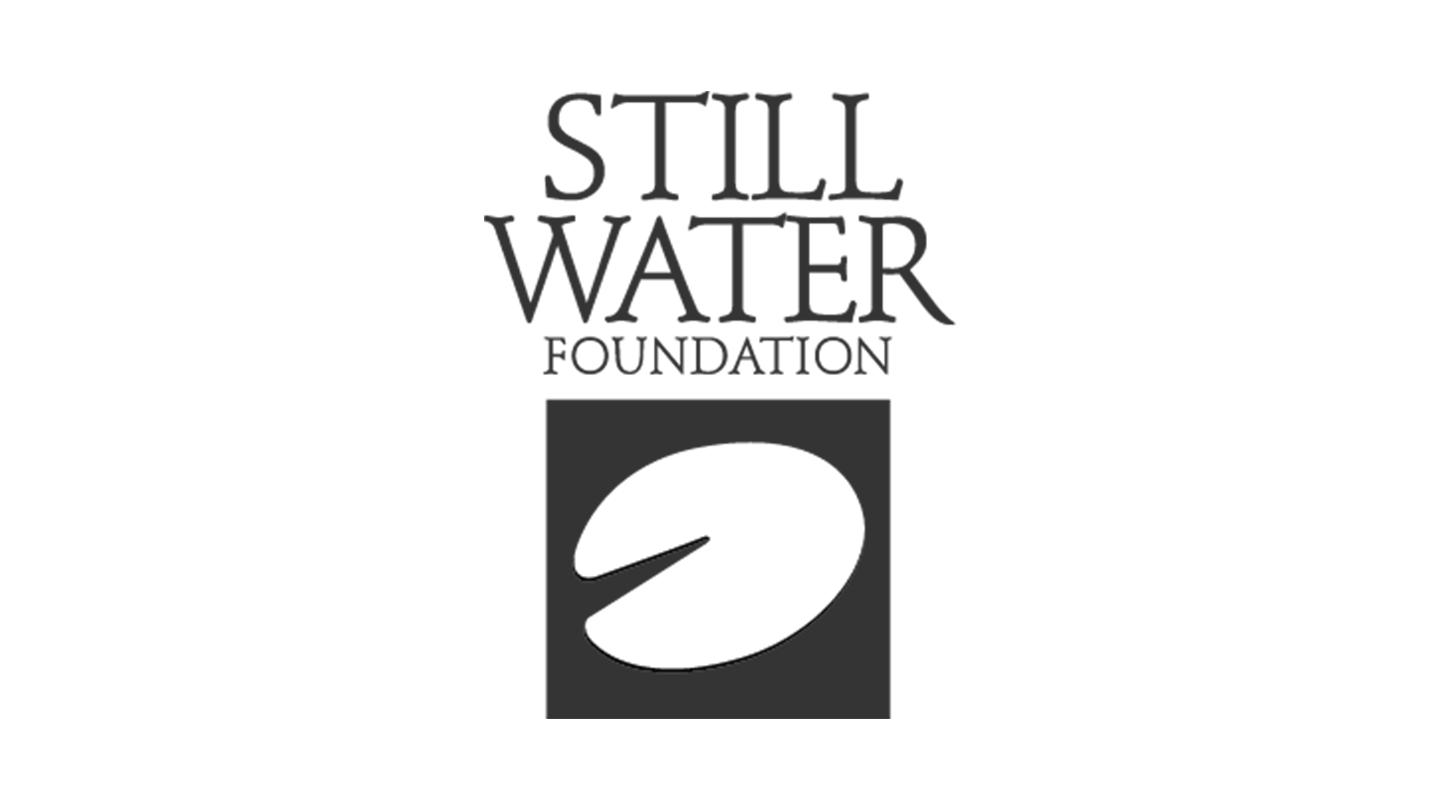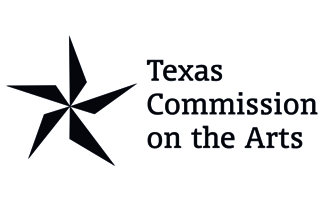Essential Cinema Series “Shakespeare Our Contemporary” Begins This Week

Currently at the Harry Ransom Center there is an exhibit called Shakespeare In Print & Performance. It includes a huge number of materials related to the bard, his work and the theatrical tradition accompanying his plays. There are multiple First Folios, historic costumes and stage designs and more. The exhibition runs through May 29. Needless to say, it’s highly recommended.
DIRECTED BY WILLIAM DIETERLE AND MAX REINHARDT
USA, 1935, 35mm, 133 min
The Viennese impresario Max Reinhardt was one of the greatest figures of the German-language theater at the turn of the century and beyond. He was so well known that he was invited to stage his opulent production of A MIDSUMMER NIGHT’S DREAM in the States. The highly successful Hollywood Bowl engagement of the play caught the eye of Warner Brothers’ studio heads and they gave Reinhardt a chance to translate it to the screen with all the star power they could muster. Thus we have the unusual spectacle of a lavish, creatively mounted production of the Bard’s immeasurably intricate masque-play starring the likes of James Cagney, Mickey Rooney and hoofer Dick Powell, as well as the serenely beautiful Olivia de Havilland. It’s the ultimate old-Hollywood treatment of Shakespeare.
HENRY V – March 31, 7:30pm
DIRECTED BY LAURENCE OLIVIER
UK, 1944, 35mm, 137 min
Given the assignment to make a film that would stiffen the morale of British troops during their final push to rid Europe of the Nazis, Laurence Olivier naturally turned to Shakespeare’s greatest war play, and the finished product is as entirely of its own time as of Shakespeare’s. Olivier begins his Technicolor epic in the Globe Theater, with an audience watching a performance of the play. As the drama unfolds, the theatrical setting dissolves until the trappings of the stage recede entirely and Olivier thrusts us into a thrilling Agincourt sequence that has been justly regarded by generations of film lovers as one of the greatest war scenes of all time. Olivier is brilliant here, both as director and star.
ROMEO AND JULIET – April 7, 7:30pm
DIRECTED BY FRANCO ZEFFIRELLI
UK and Italy, 1968, Digital, 138 min
In what Paramount Pictures trumpeted in its saturation ad campaign, “the most enduring love story of all time”, two young people from opposite sides of the social ladder are drawn together in a star crossed union that cannot last. It’s can’t-miss material and director Franco Zeffirelli hits the target squarely in his beautiful, fast moving adaptation. The actor and actress chosen for the roles were Leonard Whiting and Olivia Hussey, not exactly household names today but that may be largely due to the fact that the casting was so serendipitous that audiences did not care to watch them playing other parts. They play their parts well and, more importantly, have a heartbreaking chemistry together. This is the Shakespeare most favored by the love generation and the controversial inclusion of nudity did nothing to dampen its appeal at the box office.
MACBETH – April 14, 7:30pm
DIRECTED BY ROMAN POLANSKI
UK and USA, 1971, DCP, 140 min
If Zeffirelli’s ROMEO AND JULIET was the Woodstock of Shakespeare movies, Roman Polanski’s MACBETH is the Altamont. There’s a lot of darkness, literally and figuratively, in this blood-curdling, originally X-rated version of the Scottish play. The story of young warlord Macbeth’s ascension to the throne on a tide of blood has been staged by Polanski with raging torrents of the stuff. There’s more gore here than in most horror films, and a copious amount of nudity and sexuality. Beyond all that is the combined power of Shakespeare and Polanski who, for all his demons, is one of the most talented and fearless practitioners of the art of cinema. You may be repelled by this film, and many will be, but you will not forget it.
HAMLET – April 21, 7:30pm
DIRECTED BY MICHAEL ALMEREYDA
USA, 2000, 35mm, 112 min
Michael Almereyda’s highly modern update of Shakespeare’s greatest tragedy stars Ethan Hawke as Hamlet, who is urgently summoned home from film school when he hears of the mysterious death of his father (Sam Shepard) and the subsequent engagement of his mother (Diane Venora) to Claudius (Kyle MacLachlan). Naturally with their betrothal, Claudius becomes head of the the multi-billion dollar Denmark Corporation. Hamlet’s deep suspicions of Claudius’ motives become strengthened when Hamlet intercepts a closed circuit broadcast of his father’s ghost (Sam Shepard) imploring him to action. As you can tell, Almereyda pulls out all the stops in fashioning this 21st century update of the Bard. Also featuring Liev Schreiber as Laertes and Bill Murray as Polonius.
THE TEMPEST – April 26, 7:30pm
DIRECTED BY JULIE TAYMOR
USA, 2010, Digital, 110 min
With a background that involves finding thrilling new ways to stage theatrical spectacles and with 1999’s impressive TITUS under her belt, Julie Taymor can be considered to be something of an ideal interpreter of the master’s work for our times. While exploring the idea of making a film based on Shakespeare’s final play, it struck her that, were it not for the matter of her gender, Helen Mirren would make an excellent Prospero. So Prospero becomes Prospera, who presides over her small island queendom with magic. With Felicity Jones as her daughter Miranda, Djimon Hounsou as the bestial Caliban, and Ben Whishaw as the spirit Ariel. Also starring Chris Cooper, Alan Cumming, David Strathairn and others.
The series continues at the Harry Ransom Center beginning Thursday May 5 with screenings of Olivier’s HAMLET, Taymor’s TITUS and more. Full schedule here.







